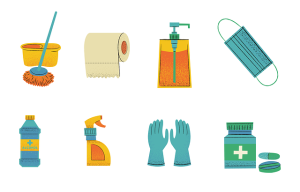Drain cleaning is vital for maintaining efficient drainage systems. Regular maintenance prevents clogs, reduces water damage and minimizes plumbing issues caused by buildups of grease, hair, food debris, and other substances. Methods include manual snaking, hydro-jetting, chemical cleaners (used sparingly), and natural solutions like hot water and baking soda. Regular cleaning and inspections prolong plumbing infrastructure life by identifying and repairing issues early. Preventing clogs through responsible disposal practices further ensures smooth water flow in homes.
Maintaining your home’s drain system is a crucial aspect of plumbing care. This article guides you through the essentials of drain cleaning and maintenance, addressing common clogs, effective DIY methods, and when to call professionals. Learn preventive measures to keep drains healthy, ensuring optimal functionality and averting costly repairs. Discover tips tailored for homeowners seeking to navigate the labyrinthine world of drain maintenance with ease.
Understanding Drain Cleaning: The Basics
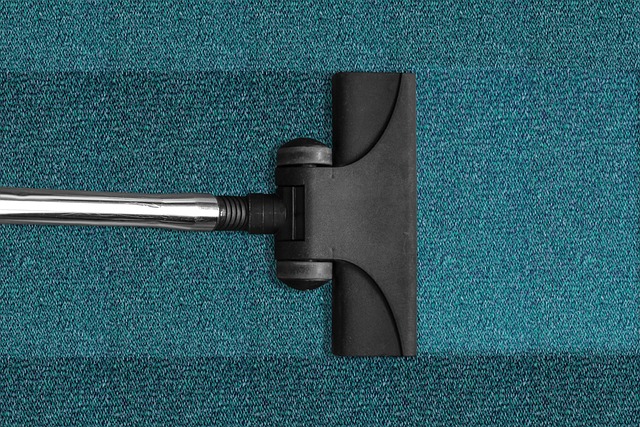
Drain cleaning is a fundamental aspect of maintaining any drainage system. It involves the removal of obstructions and buildup from pipes to ensure proper water flow. Regular drain cleaning prevents clogs, reduces water damage, and minimizes the risk of more serious plumbing issues.
There are various methods used for drain cleaning, including manual snaking, hydro-jetting, and chemical cleaners. Each method has its advantages and is suited to different types of blockages and pipe materials. Understanding these techniques and when to employ them is key to effective drain maintenance, ensuring that your system operates efficiently and prolongs the life of your plumbing infrastructure.
Why Regular Maintenance is Essential for Your Plumbing System

Regular maintenance is the cornerstone of keeping your plumbing system in optimal condition. By scheduling routine drain cleaning and inspections, you can prevent costly repairs and avoid potentially embarrassing or inconvenient clogs. Over time, household drains accumulate grease, hair, food debris, and other substances that form a sticky buildup, leading to slow drainage or complete blockages. Regular cleaning removes these obstructions, ensuring water flows freely through your pipes. Moreover, maintenance checks can identify potential issues early on, such as damaged pipes, leaks, or corroded fittings, allowing for prompt repairs before they escalate.
Common Clog Types and Their Causes
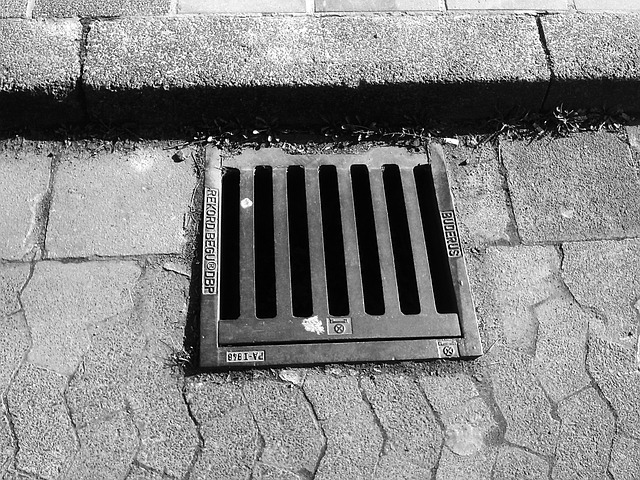
Clogs in drains can arise from a variety of causes and take many forms. One common type is the hair clog, which occurs when human hair, pet fur, or other debris accumulate in the drain’s pipes. This happens especially in bathrooms and kitchens where hair and grease are more likely to enter the system. Another frequent issue is the buildup of grease and food particles, often from improper disposal of cooking oils or large food scraps. These substances solidify over time, forming a sticky residue that traps other materials, leading to complete blockages.
Additionally, foreign objects like toys, sanitary products, or even small household items accidentally flushed down the toilet can cause severe clogs. Tree roots are another significant problem, as they can infiltrate pipes through small cracks, growing and expanding until they obstruct the entire drainage system. Regular drain cleaning is crucial to address these issues, preventing not only clogs but also costly damage to plumbing systems.
Effective Drain Cleaning Methods for Homeowners
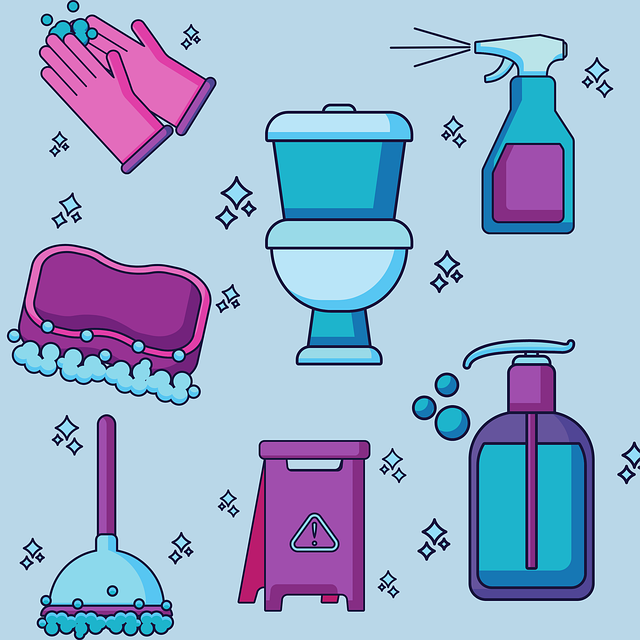
Keeping your drains clean is an essential aspect of home maintenance. One effective method is using a combination of hot water and baking soda followed by a vinegar rinse. This natural cleaning solution can break down grease and hair buildup, allowing the water to flow freely again. Alternatively, drain snakes or augers are handy tools for dislodging stubborn clogs. They work by turning and pushing through pipes, breaking up blockages. For more severe cases, chemical drain cleaners are available but should be used sparingly due to potential environmental and health risks. Regular maintenance, such as catching debris before it goes down the drain, can prevent costly clogs and ensure smooth drainage in your home.
Professional Drain Cleaning Services: When to Hire Experts
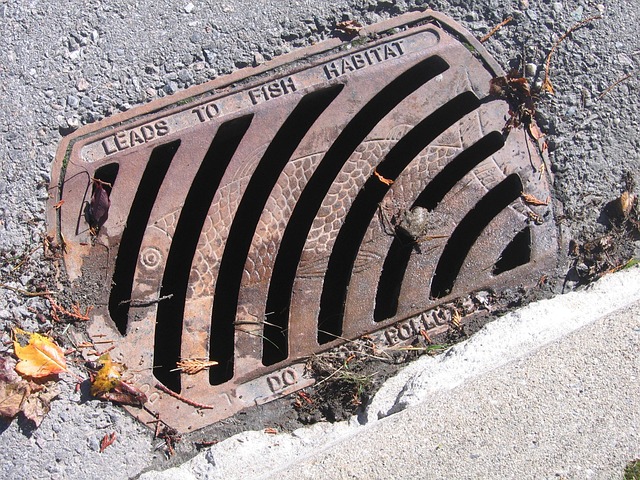
Professional Drain Cleaning Services: When to Hire Experts
Regular drain cleaning is essential for maintaining a smooth-flowing plumbing system in your home or business. However, there comes a time when DIY methods fall short, and it’s best to hire professional drain cleaning services. Clogged drains can cause severe damage if left unattended—from water damage and pipe corrosion to the growth of harmful bacteria. Professionals are equipped with specialized tools and chemicals that safely and effectively clear obstructions without causing any harm to your pipes.
They also offer a more thorough and lasting solution, as they can identify potential issues like root intrusion or structural damage that might be causing recurring clogs. Regular professional drain cleaning can prevent costly repairs and ensure the longevity of your plumbing system. If you notice slow drainage, recurring clogs, or strange odours coming from your drains, it’s time to call in the experts for a comprehensive drain cleaning service.
Preventive Measures: Tips for Maintaining Healthy Drains
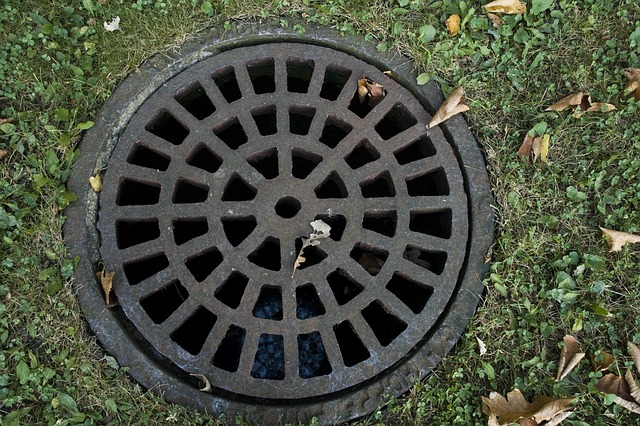
To maintain healthy drains and prevent clogs and blockages, a few simple preventive measures can go a long way. Regularly cleaning your drain traps with hot water is an effective method to dislodge any built-up grease or debris. Additionally, using enzyme-based cleaners or baking soda and vinegar mixtures can help break down organic matter that might otherwise cause obstructions.
Another crucial tip involves being mindful of what goes into your drains. Avoid pouring oil, grease, or solid food waste down the sink. These substances solidify over time, attracting other debris and ultimately leading to clogs. Opt instead for composting kitchen scraps or using special containers designed for disposing of such materials responsibly.
